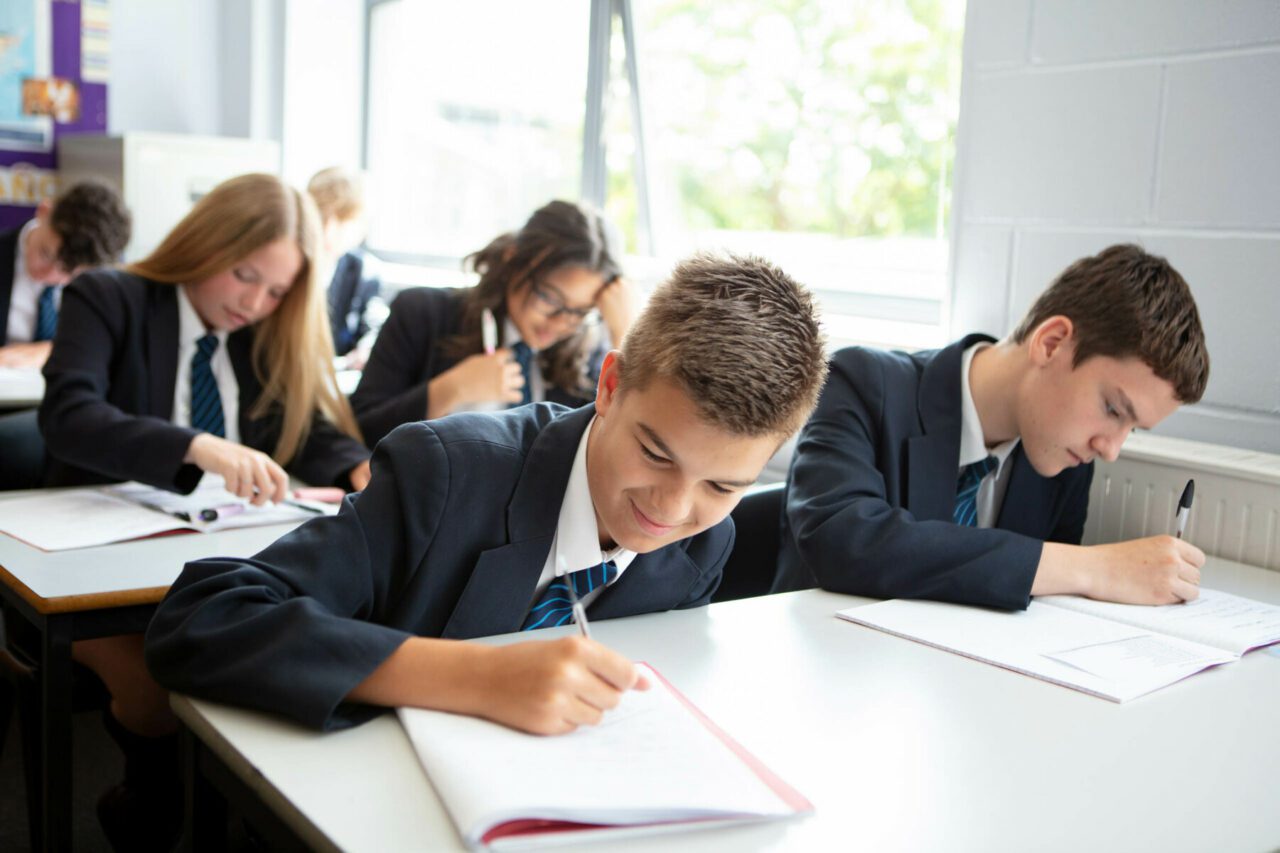Curriculum Intent
The intention of our Archway Learning Trust Mathematics curriculum is to:
- cultivate excellence by expecting that everyone can learn and enjoy Mathematics. Our curriculum design is research informed and ensures a coherent and detailed sequence of powerful knowledge to support sustained progress over time. Our ambitious curriculum shines a light on the connectedness of mathematical ideas and is based on an understanding of the underlying structures that develop and deepen mathematical thinking for all learners.
- promote inclusion by fostering a love of knowledge; building resilient, curious and confident mathematicians that understand that by working hard at mathematics they will succeed. We aim to develop young mathematicians that recognise the importance of mathematics both in their own lives and to society; that are prepared for the next stage of their lives with access to further study and careers.
- develop collaboration by developing mathematical learning behaviours such that pupils focus and engage fully as learners who reason, solve problems and make connections. Our common curriculum enables teachers across all eight of our secondary schools to work together to continually improve the mathematical experience and outcomes for all the pupils we serve. Working together, transforming lives.
During their time at The Long Eaton School, students will also be given the opportunity to engage with various numeracy days and mathematical competitions such as the National Young Mathematicians’ Awards and the UK Mathematics Trust’s Maths Challenges.
Please click on the following link to see an overview of our Mathematics curriculum:
Year 7 Overview:
Number is at the heart of our early curriculum as this fundamental strand underpins all other areas of their mathematical journey. In Year 7, the curriculum is strongly linked to the KS2 curriculum to enable students to build on their prior learning and connect this to new concepts. Calculator use is discouraged throughout Year 7 to encourage further fluency with the four basic operations of addition, subtraction, multiplication and division. Algebra also runs through every topic. Students will spend longer periods of time studying each unit of work to ensure a robust and embedded understanding. Higher attaining students are challenged through depth rather than acceleration onto new content.
Year 8 Overview:
In Year 8 students build on their knowledge and skills gained from Year 7 and KS2 through learning about how to use bar models to understand proportional relationships. Many more algebraic concepts are introduced to enable links to be established between geometry and algebraic manipulation. Calculator use is encouraged in Year 8 alongside regular opportunities for students to practise their mental Maths when appropriate. Students in Year 8 are also introduced to statistical measures and probability.
Year 9 Overview:
In Year 9, students are introduced to additional algebraic manipulation, working with polynomials. Following this, students continue their study of coordinate geometry, leading to the application of both in the study of quadratic graphs. Students also spend the time working with more advanced 2D and 3D geometric problems, with focus on angles, construction and congruence before the introduction of Pythagoras’ Theorem and the application of surds. Later, students build on the study of probability in Year 8, with the introduction of Venn Diagrams and Frequency Trees.
Year 10 Overview:
During Year 10 students build on prior learning from subsequent years to learn about Trigonometry and its applications. Additional algebraic techniques are introduced to provide students with more tools for solving complex problems. Links between circles and triangles are investigated and applied to further coordinate geometry problems. Statistical representations are explored with opportunities for students to analyse data in a variety of ways.
Year 11 Overview:
Tier decisions are made in Year 11 to ensure that students are thoroughly prepared for their GCSE examination in Mathematics. Higher tier students deepen their existing knowledge and skills by exploring further similarity and congruence, vector geometry and loci problems. Foundation students will have an opportunity to further strength and deepen their understanding and knowledge of the most challenging GCSE concepts including working with quadratics and percentage problems. Following mock examinations, bespoke plans are created to suit the needs of individual classes.
Further Mathematics:
Students in Post 16 are given the opportunity to study Further Mathematics at ‘A’ Level, developing skills in algebra, geometry, calculus, matrices, trigonometry, functions and graphs.
Potential Careers:
Mathematics can lead into a wide range of careers such as Computer Programming; Financial Analyst; Computer Game Designer; Economist; Architect; Space Scientist; Statistician; Aeronautical Engineer; Product Engineer; Mechanical or Electrical Engineer; Structural Engineer or Accountant.
Useful Links:
AQA Maths GCSE Specification
Hegarty Maths

